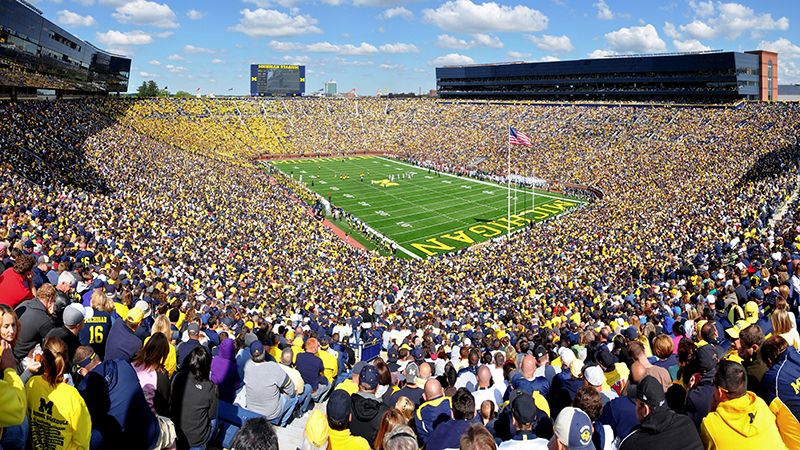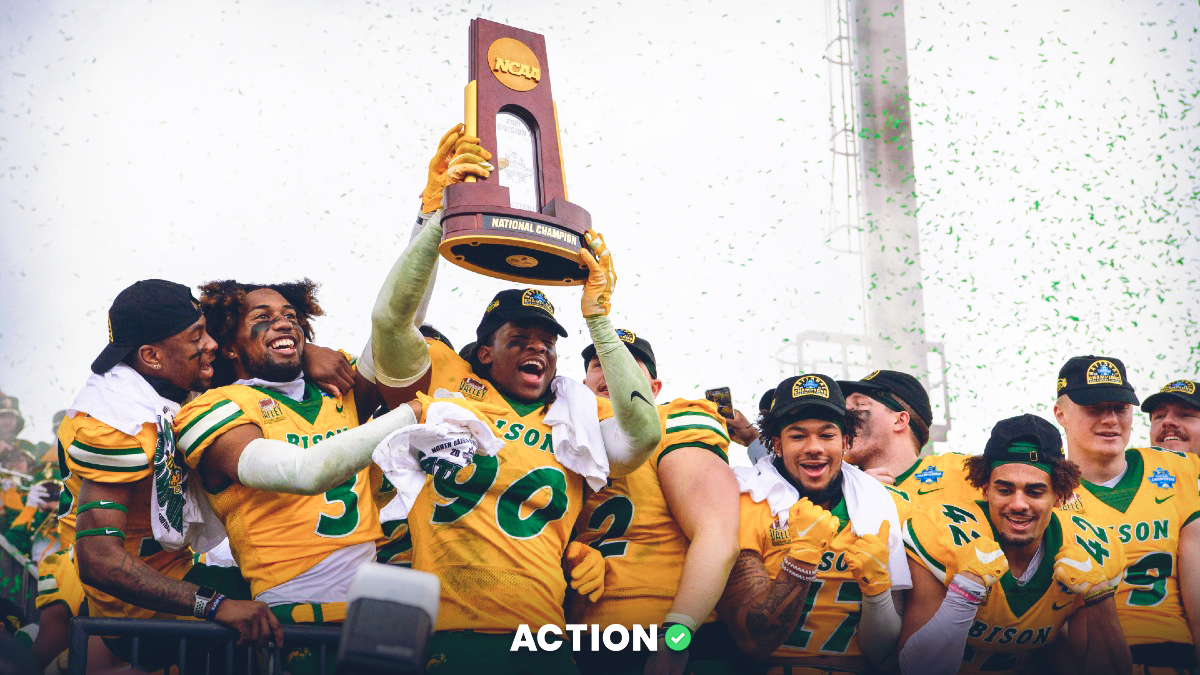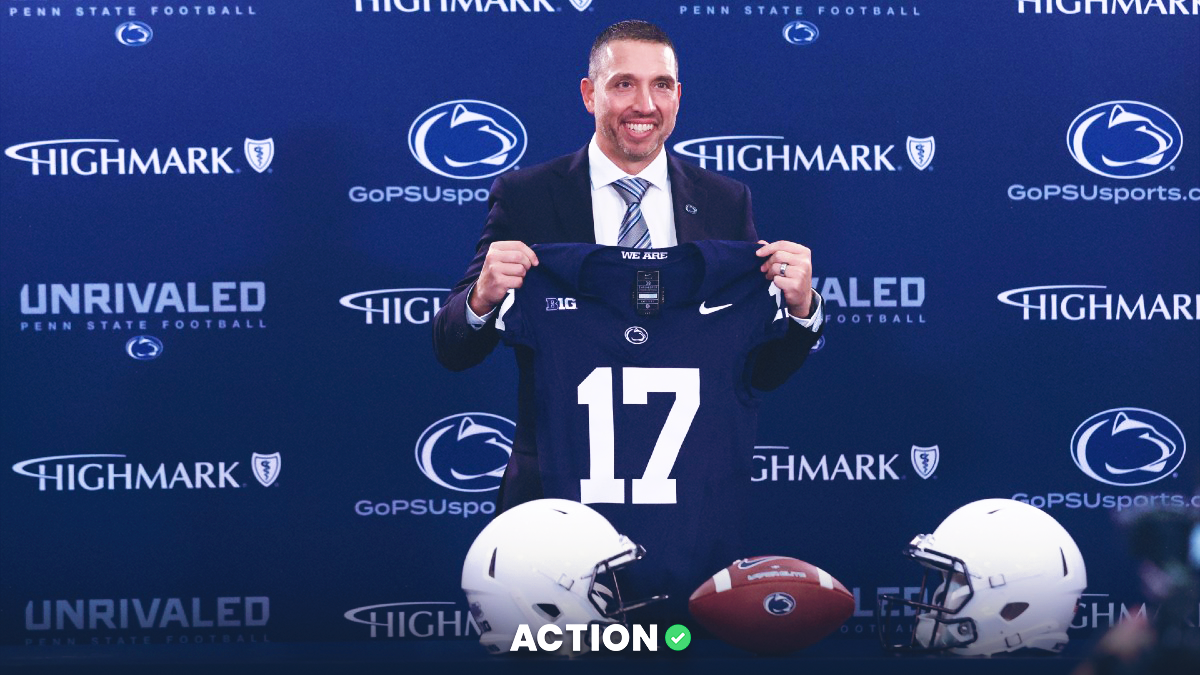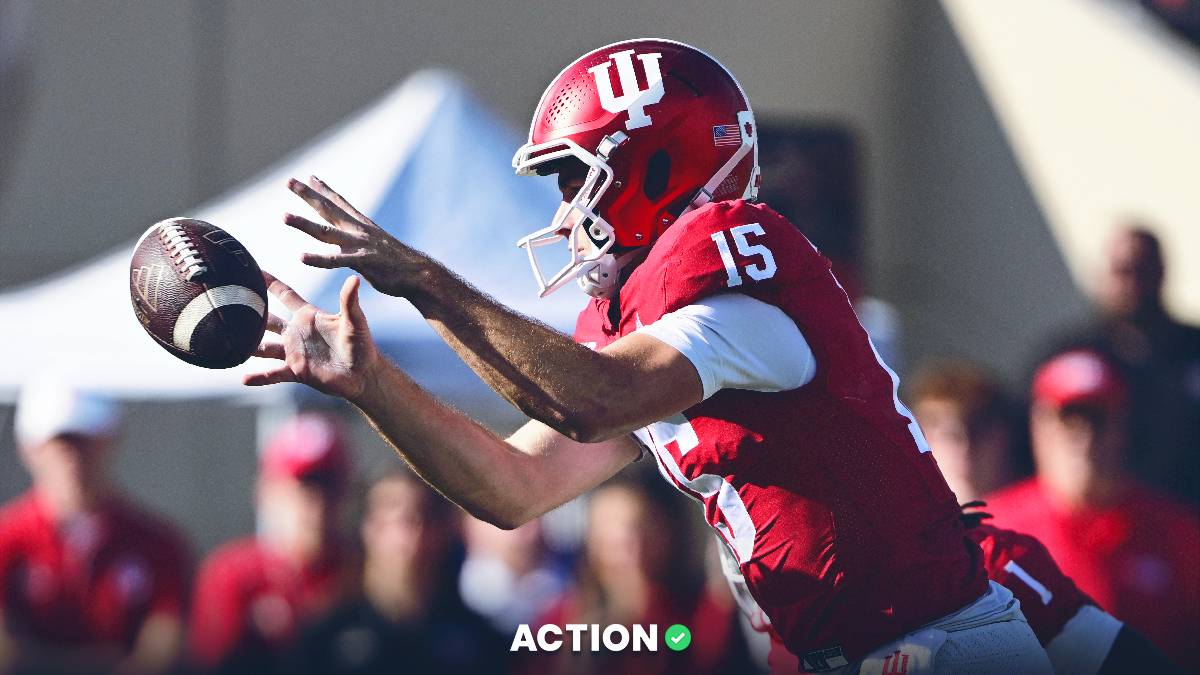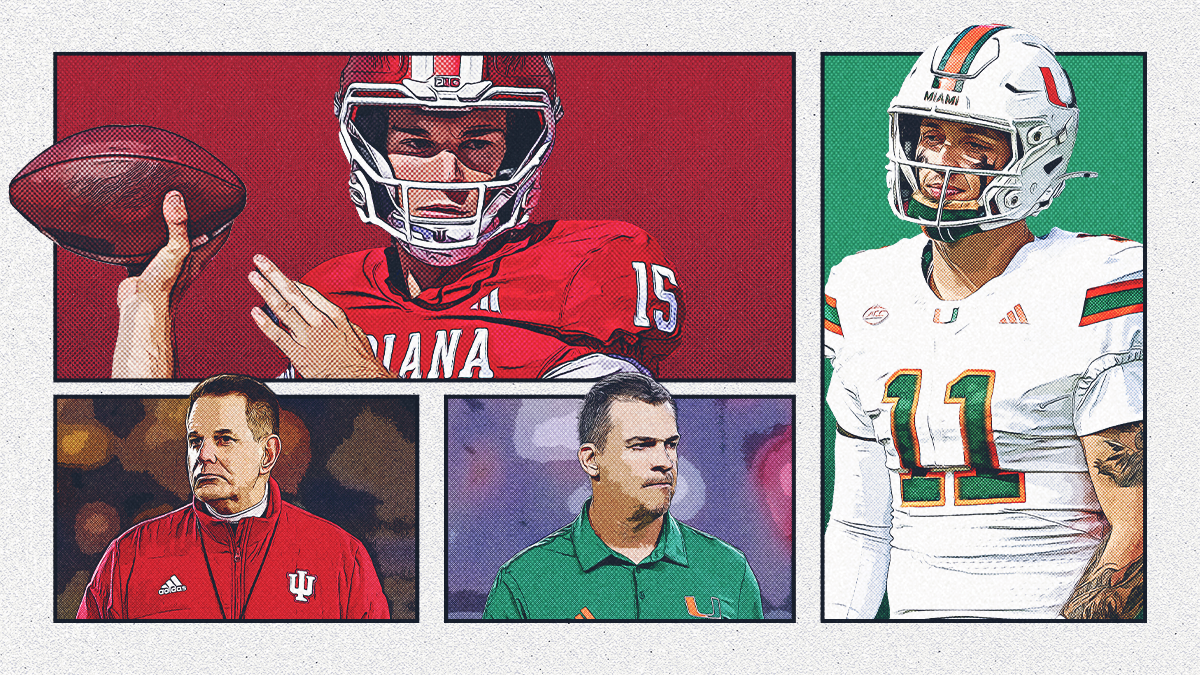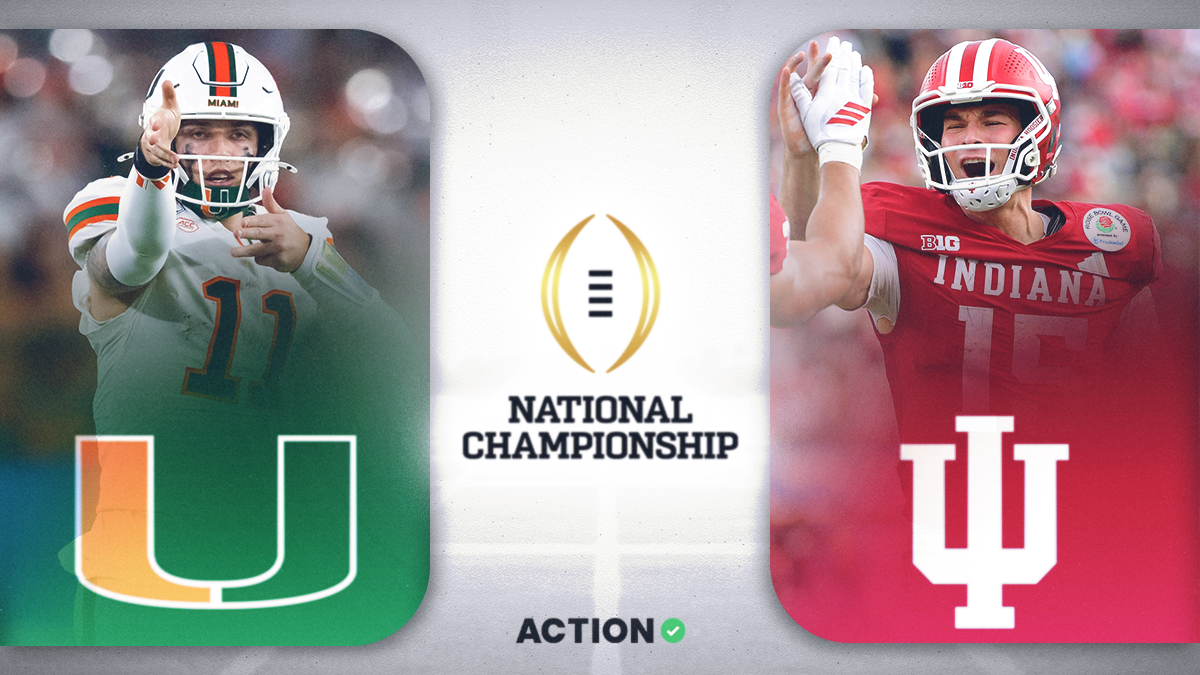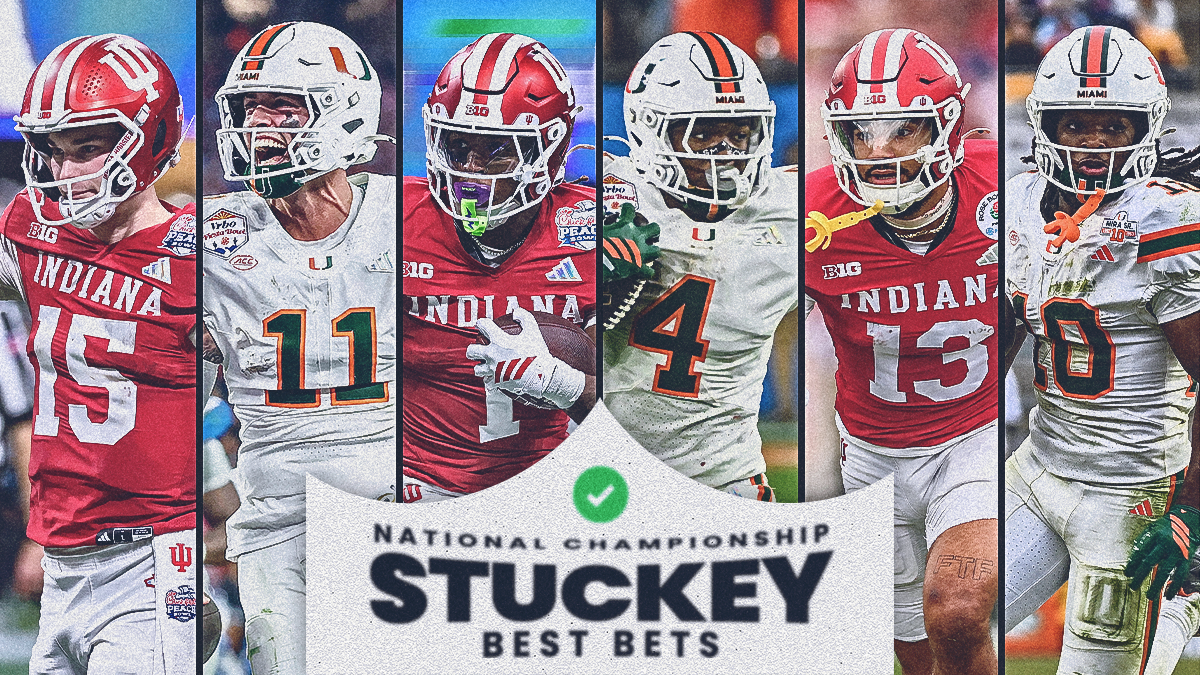- Collin Wilson uses historical against-the-spread data and Taylor Series calculations to determine how much home field advantage is worth for all 130 FBS college football teams.
- Traditionally, it's believed that home teams get 3 points baked into the point spread just for being at home, but the numbers range from 4.23 for the best team to .23 for the worst in our rankings.
Forrest Gump once said "It's funny what a young man recollects." That statement rings true for me.
I could tell you my phone number when I was sixth grade, the hospital room number where my first son was born, and the exact date when I truly figured out how to handicap home-field advantage in college football.
Nov. 4, 2008 was a milestone day in politics as Barack Obama was elected President of the United States. In Omaha, on assignment for a completely unrelated software client, politics were the least of my thoughts.
We had a titanic MACtion battle — Miami Ohio at Buffalo — and I needed a dinner location. After locating my spot in Old Market, I was afforded an audio cube for one of the 30 televisions showing the Redhawks and Bulls.
Theory Behind Home Field Advantage
I consumed MACtion without much thought until an ESPN2 broadcaster noted, "You must give Buffalo 3 points for home field advantage." I was baffled, knocked back in my chair and felt like John Nash breaking game theory with his revolutionary equilibrium.
The questions were endless.
How do we assign any random team 3 whole points of value?
What's the importance of travel for the road team?
How can a team have an advantage when no one is in the stands?
Do you treat a stadium with a track around it, like the University of Buffalo's, any differently?
Should the Big Ten get more credit for the largest stadiums?
I began my search through preseason publications. The most famous July college football magazines provided differing home field edges without explanation. Other analysts used win-loss records at home, which makes zero sense with the numbers easily being skewed (ever heard of Tin Horn Weekend?).
The answer came to me in the form of a question as I watched MACtion in Omaha during Obama's winning election: How often does a team cover the spread when it is at home?
The Action Network published our first set of Home Field Advantage numbers in 2018, and I've updated that for this season below.
With +2.5 as the baseline, I use a Taylor series calculation, along with a school's 10- and 3-year against-the-spread win percentage at home, to come up with a true home field advantage number for each team.
Here's the full breakdown before diving into a few takeaways.
Best and Worst of Home Field Advantages
- Since being razed from the dead, UAB is 10-1-1 against the spread at home, beating the closing number by 8.4 points per game.
- Sticking to the past three years, UConn is 4-14-1 against the spread at home, losing by 9.1 points per game.
- Looking for some Sun Belt home cooking? Over the past 10 years Georgia Southern and Arkansas State have covered at home by more than 60%. In that time frame, the Eagles and Red Wolves have beat the closing number by an average of 4.9 and 4.4 points per game.
- Plenty of Sun Belt and MAC teams have not benefited from home games in the past 10 years. Central Michigan, Ball State, Akron, Eastern Michigan, Georgia State and Coastal Carolina have sub-40% covering rates.
- Boise State will have a fresh blue turf for 2019. The Broncos are 25-39 against the number since 2009.


